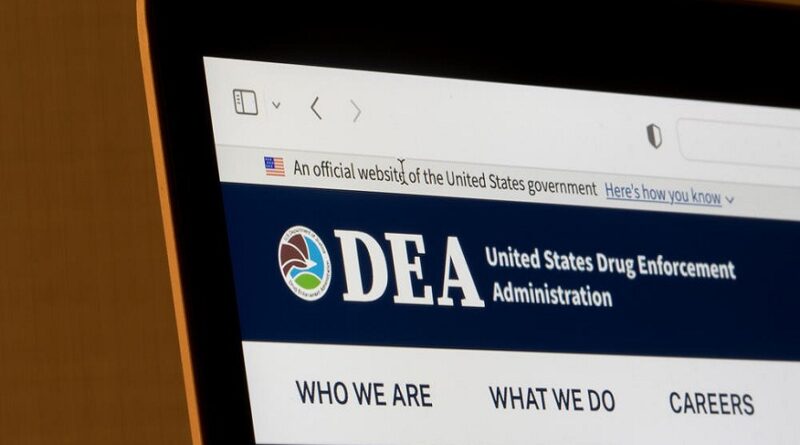DEA Working on Rule to Officially Ban Synthetic Cannabinoids
THC and CBD are not the only cannabinoids found in marijuana and hemp plants. Both forms of cannabis contain more than 100 naturally occurring cannabinoids and terpenes, in varying amounts. In addition, CBD can be utilized as the basis for producing synthetic cannabinoids in a lab. The DEA is aware of this. They appear poised to take action.
According to a recent report from Marijuana Moment, the DEA has consistently held to the idea that all synthetic cannabinoids are regulated under the Controlled Substances Act by virtue of being cannabis components. But now, the agency is poised to implement a final rule that would officially ban synthetic cannabinoids as Schedule I controlled substances.
Legalizing Hemp Started It All
Up until a few years ago, the DEA did not pay much attention to synthetic cannabinoids. The cannabinoids were out there, but they weren’t in high demand. That began to change with the 2018 Farm Bill that legalized hemp across the country.
Hemp legalization brought with it the legalization of non-intoxicating CBD. To provide for proper enforcement, the federal government came up with a standard for distinguishing between hemp and marijuana. Any cannabis plant with 0.3% or less Delta-9 THC (dry weight volume) would be classified as hemp. Cannabis plants with more Delta-9 THC would be classified as marijuana.
Delta-9 THC is the primary cannabinoid in marijuana. It is also the cannabinoid that makes you high. Marijuana plants tend to be high in Delta-9 THC and low in CBD. Hemp plants are just the opposite. CBD is the primary cannabinoid in hemp.
Delta-8 THC Is the Main Offender
So, what led the DEA to start working on a rule banning synthetic cannabinoids? The proliferation of Delta-8 THC. Delta-8 is a Delta-9 isomer, meaning that its molecular components are identical but arranged differently. Its effects on the human body are slightly different as well. Delta-8 is still intoxicating, but its effects are not as intense as Delta-9 THC.
Here is the difficulty: Delta-8 occurs naturally in cannabis plants but in very small volumes. There is not enough to make extracting it worthwhile. So instead, manufacturers synthesize it from CBD. They then claim that the synthesized substance is a CBD product and therefore legal under federal law.
The DEA has a problem with this. They correctly insist that Delta-8 is still THC even though it is derived from CBD. And under federal regulations, THC is a controlled substance. Should the DEA eventually implement its proposed final rule, all ambiguities surrounding Delta-8 and other synthetic cannabinoids will be erased.
Popularity Among Consumers
Synthetic cannabinoids have gradually become more popular with consumers. Delta-8 is especially popular in states where recreational marijuana is still not allowed. If it can be sold as an ingredient in legal CBD products, consumers can legally buy those products instead of black-market marijuana. That creates a problem.
States are recognizing the problem and fighting back. In Utah, where the operators of the Utah Marijuana website say state lawmakers are intent on maintaining a strictly medical cannabis program, regulations were recently changed. New regulations now force producers and manufacturers to test for Delta-8 and include it on product labels. There are rumors that lawmakers will eventually ban synthetics altogether.
Other states have already done so. There are not many, but there is a growing consensus among state legislatures to regulate synthetic cannabinoids more closely.
It looks like the DEA is poised to take the lead with their proposed final rule. If the rule is ultimately implemented, it will put all synthetic cannabinoids in the same class as marijuana and Delta-9 THC.
